Now that India’s Ministry of External Affairs (MEA) has clarified that the Canadian Government had not acted on the dossiers of 26 international terrorists supplied to them, the question arises if the shoe after all is on Prime Minister Justin Trudeau’s foot – or, both feet, so to say. Yet, the question arises why neither the Prime Minister Narendra Modi, nor External Affairs Minister (EAM) S Jaishankar did not use the inaugural session in the New Parliament Complex to give a fitting reply to Trudeau, who after all had announced the decision to deport an Indian diplomat in a similar forum in his country.
This is not the first time that Canada-based Khalistanis are in the news, and Justin Trudeau is not the first Canadian Prime Minister to be indifferent to Indian concerns. Remember the Air-India Flight 182, the mid-air blast of ‘Emperor Kanishka’ on 23 June 1985 was the single largest air-bound terror-attack until 9/11. All 329 on board perished – and 268 of them were Canadian citizens – yet the successive Canadian government remained unmoved and unconcerned, hence inactive.
Blame it on India’s Cold War equations of the time, but even later, the US, ally of both nations, that otherwise probes deep and continually into state-sponsorship and condoning of terrorism elsewhere, looked the other way when it came to Canadian Khalistanis. Maybe, India is yet to involve the US in what otherwise should remain a bilateral, lest Washington should use it as a sneaky entry-point to get involved in India-Pakistan affairs.
Independent of whoever is in power, New Delhi has kept bilateral as bilateral – but differentiating it from terrorism that has international connotations as 9/11 too proved. If only the US and the rest of the world had taken the hijack of Indian Airlines IC 814 Delhi-Kathmandu flight seriously two years earlier in 1999, and abided by India’s appeals and submissions at the time, then maybe, the world would not have to face 9/11 at all.
Quick Reads
View AllFor, even at the time of the Kathmandu hijack episode, at least one Indian analyst had pointed out that the ‘next time such a thing happens it will be against the US and in the US in a way that the world would not be able to forget it for a long time’. In arriving at the conclusion, the analyst had pointed to the way IC 814 got finally parked at Kandahar, then in Taliban’s control – and not in the Afghan capital of Kabul, which was in the anti-Taliban, pro-US government control, or whatever passed for government control. It indicated the thorough planning that had gone into the hijack, which was not an amateurish attempt like the early Palestine-linked hijack dramas in the previous decades.
More than Vienna…
In a clear reference to Canada ‘expelling’ the R&AW station chief in Ottawa, the MEA,thus far, has spoken only about the host violating the Vienna Convention pertaining to diplomatic protocols and niceties. There are also reports about Canadian agencies tracking Indian diplomats – which to be fair to everyone concerned, counterparts elsewhere too will be doing. That is after all their job to secure their nation’s integrity, territory, security, sovereignty and every other interest and concern.
However, going by the MEA’s statements after mutual-expulsions, there is something more that Canada may have violated and more than once in the past few years. That is UN Security Council Resolution (UNSC) 1373, which was passed unanimously – but only after 9/11, as if only the West got to know and feel the pains of terrorism only then. At least the US did so only then.
Whatever that is, 1373 very clearly lays out that nations should not fund or encourage terrorists, and should ‘deny safe haven to those who finance, plan, support, or commit terrorist acts, or provide safe havens’, and also ‘take the necessary steps to prevent the commission of terrorist acts, including by provision of early warning to other States by exchange of information’.
Ironically in this case, it is India that has given early warning to Canada on the activities of Khalistani terrorists through the past several decades, seeking cooperation to make them face the law – either in that country, or in India, through extradition.
The shameful part in the case of Canada was/is that when India wanted the Emperor Kanishika master-mind extradited, citing the existing Commonwealth Convention in the matter, Ottawa came up with a very ingenious plea, to deny New Delhi’s request. Clever by half, Ottawa said that India, unlike Canada, did not acknowledge the supremacy of the British Crown (Queen Elizabeth II at the time), hence they were not bound by the Commonwealth Convention.
Unfortunately, India too did not take it up with the permanent British chair of the Commonwealth, to drive some sense into the other. Nor did it choose to announce imminent boycott of the Commonwealth, if only to bring pressure on either Canada, or the UK, or on Canada through the UK – which much smaller nations have done in their time. It is quite possible India still went by its rule-book, to keep bilateral, bilateral.
Ball in American court?
Leave aside bilateral, trilateral and multilateral, the ball now really is in the American court. Thus far, the US reactions in the matter tend to be more Canada-supportive than India-sympathetic. Increasingly, thus, the question arises if Canada has been playing America’s ‘B-Team’ on human rights issues – whereby Washington plays tough against terrorism and terrorists on its homeland, and let Canada air its own selective human rights concerns relating to third-nations.
It is the kind of analogy often aired in the case of West’s fight against black money: ‘We will keep our mainland territories clean, but will not discourage – but rather encourage – lesser sovereigns like St Kitts, Cayman Islands to provide safe-havens for their own tax-violators and other criminals. Where the US has acted against terror-funding, it is either regarding those perceived as being inimical to the country – or as a generous gesture to another nation, to consolidate its hold over the other.
The US black-listing some Pakistan-based terrorists over time, and also supporting India in the UN by doing the same, fall into this category. It is unclear if India has ever approached the US with a list of Canada-based Khalistani terrorists and/or their financiers in that country, for similar black-listing, and waits for Washington’s action/reaction. Or, should India at all take such an initiative when the US is known to have eyes and ears all over – and should thus have one, closer to home in Canada, even more.
Not the only one…
Incidentally, India is not the only country that has been having problems with Canada in the latter’s handling of terrorists targeting the former. For long, India’s immediate Indian Ocean neighbour Sri Lanka has had similar complaints about Canada, and a few European nations providing shelter to LTTE militants and their fund-raisers. That they raised funds by ‘taxing’ SLT Diaspora members by holding their family elders and children back home as ‘hostage’ in the LTTE heartland in Sri Lanka has been well-documented.
Canada did not act on it, instead encouraged complaints from pro-LTTE groups that the Sri Lankan agencies were targeting them individually. So indifferent and porous was the Canadian intelligence that it was reported that the Tamil interpreters/translators that it hired from among the Sri Lankan Tamil Diaspora, turned out to be LTTE members – which they learnt by accident, much later.
On Sri Lanka’s complaints about fund-raising and arms-smuggling by and for the LTTE, the US itself began acting only post-9/11. Even then it was mostly symbolic – as otherwise, the US was in the forefront of ensuring the safety of terror-boss Prabhakaran. Washington has not forgiven Colombo for not letting the US Marines supposedly whisking away Prabhakaran, family members and his close aides, and had to die at the hands of the Sri Lankan armed forces at the final battle-field, in Mullivaikkal.
All this notwithstanding, the US – with Canada in toe and more vociferous than the former – has been after successive Sri Lankan Governments at the UNHRC. Off again, on again, Canada especially has been targeting Sri Lanka on human rights issues pertaining to the Tamils back home. As is known, the Sri Lankan Tamil Diaspora is as much a vote-bank in Canada and even more than the pro-Khalistani elements from India. Only that the pro-Khalistani Sikh groups have been around in Canada much earlier than the Sri Lankan Tamil counterparts. Both now have elected representatives, and have enough influence to direct the course of what still remains the white-Canadian politics.
India is on record that Canada has not provided any evidence to the involvement of the Indian diplomat in the ‘Nijjar killing’. If Trudeau thought that a passing reference to the alleged Indian involvement to his Indian counterpart Modi on the G-20 summit sidelines is enough to claim that New Delhi had been briefed, he needs to learn a lot more in diplomacy of the kind.
Days after India declaring that Canada did not provide any such information, leaked news items, alleging that Ottawa after all has intel inputs. Credible information, if any, should have been provided to whoever can act on it – unless the intention is to make political capital, nearer home and on the international arena, as if to extend it to the West-inspired UNHRC reports on minorities in India.
Available options
All this apart, there is this basic question pertaining to ‘my counter-terrorism and your counter-terrorism’ when targeting one nation’s terrorists on another’s soil. The Israeli Mossad did it all across Europe and went all the way to Latin America in search of ‘Jew-killers’ in Hitler’s Germany, long after the Second World War was over, done and dusted. They are celebrated and books have been written, hailing their tenacity and dedication in the matter.
The US Marines did it to Osama bin-Laden inside Pakistan when the opportunity remained for them to arrest the world’s most-wanted terrorist. Yet, years later, they wanted ‘freedom of sorts’ for Prabhakaran in Sri Lanka. The question before the world now is about the options available to a nation like India when other sovereigns like Canada refuse to cooperate with legal and legitimate counter-terror measures sought with adequate proof and evidence under the schemes provided, say, under Resolution 1373, to which Canada and all 196 members of the UN General Assembly (UNGA) are adherent?
It is anybody’s guess if Trudeau chose the inaugural session in the New Parliament Complex in New Delhi, to throw out an Indian diplomat. Even if it was a coincidence, it is anybody’s guess why the PM, who never loses an opportunity to target India-bashers overseas, did not respond in kind, as he is won’t to be otherwise. With the UNGA now in session , will India flag concerns of the kind when it turn comes for addressing the world from the world’s largest podium in terms of global audience and attention they get – and refer to the particular violation of 1373 by Ottawa, time and again, as much as what Pakistan might have been doing in the immediate Indian neighbourhood?
The writer is a Chennai-based policy analyst & political commentator. Views expressed in the above piece are personal and solely that of the author. They do not necessarily reflect Firstpost_’s views._
Read all the
Latest News,
Trending News,
Cricket News,
Bollywood News,
India News and
Entertainment News here. Follow us on
Facebook,
Twitter and
Instagram.


)
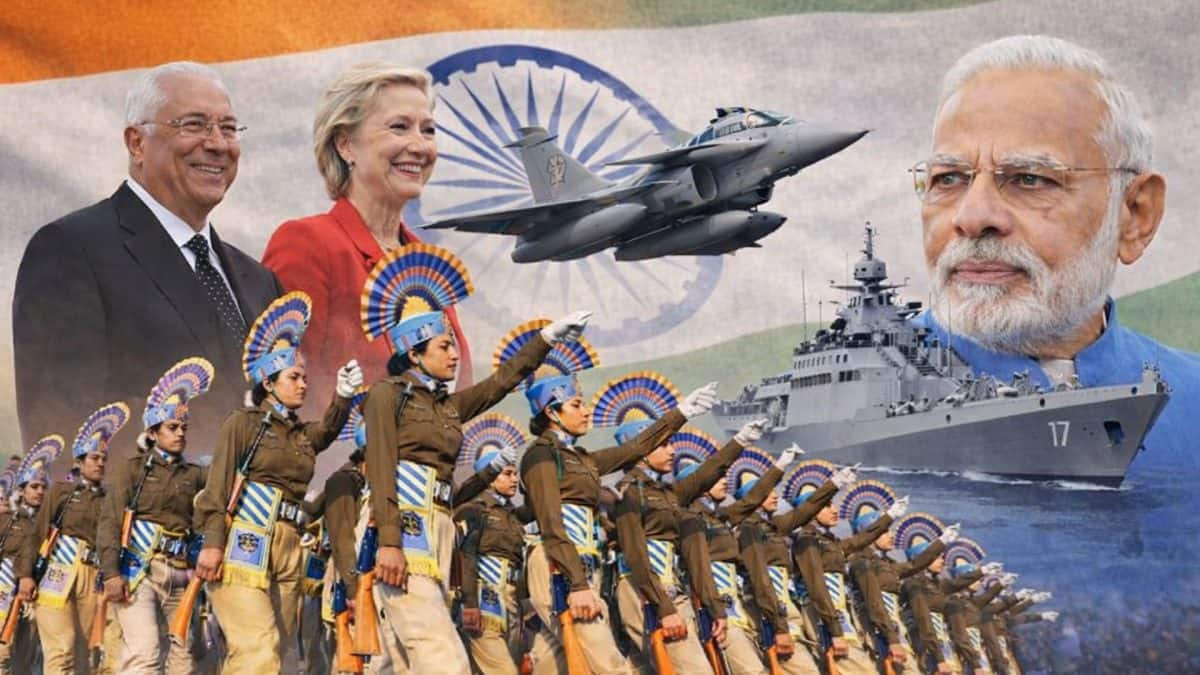
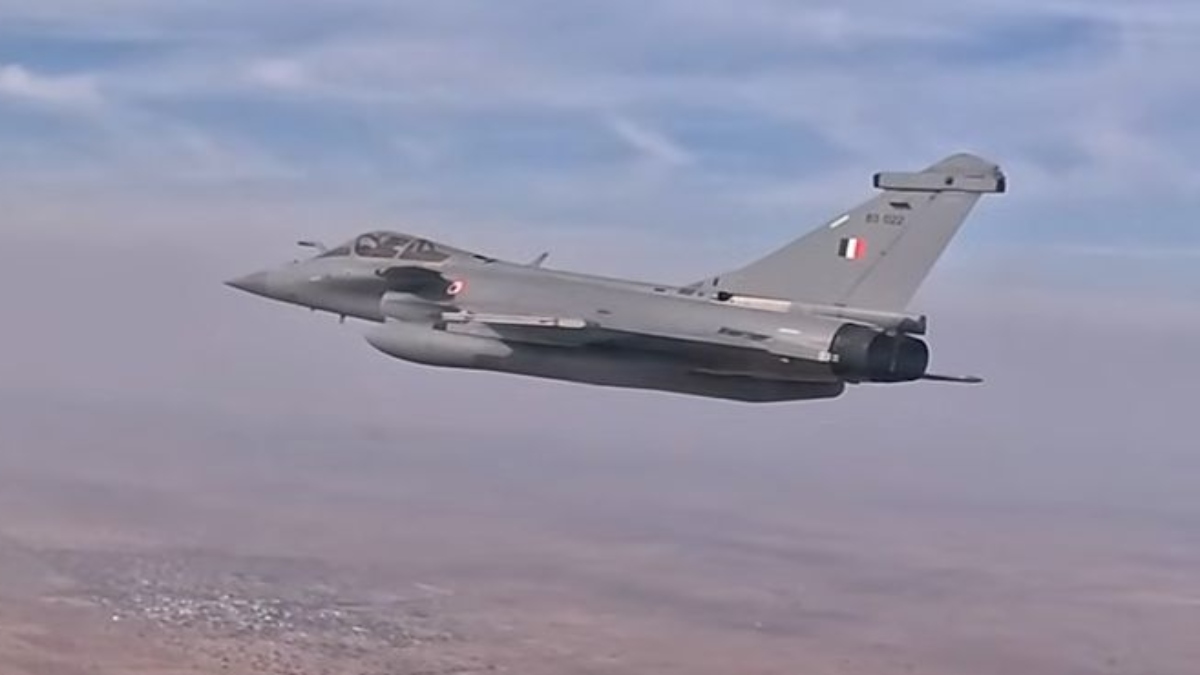)
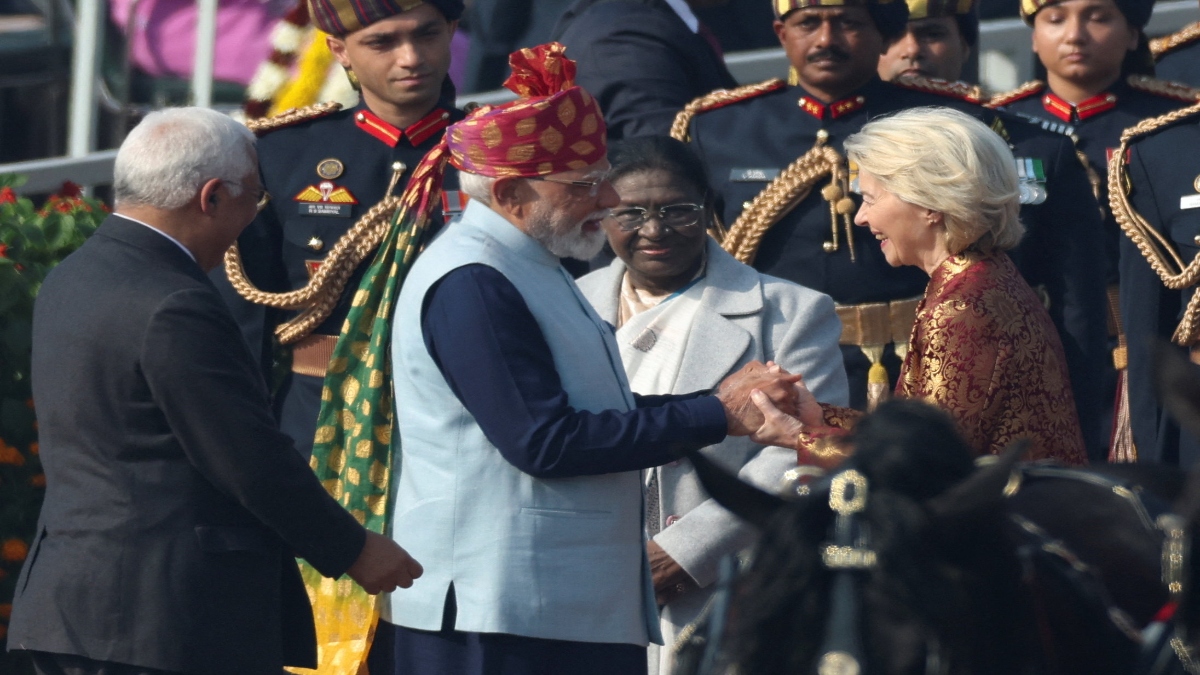)
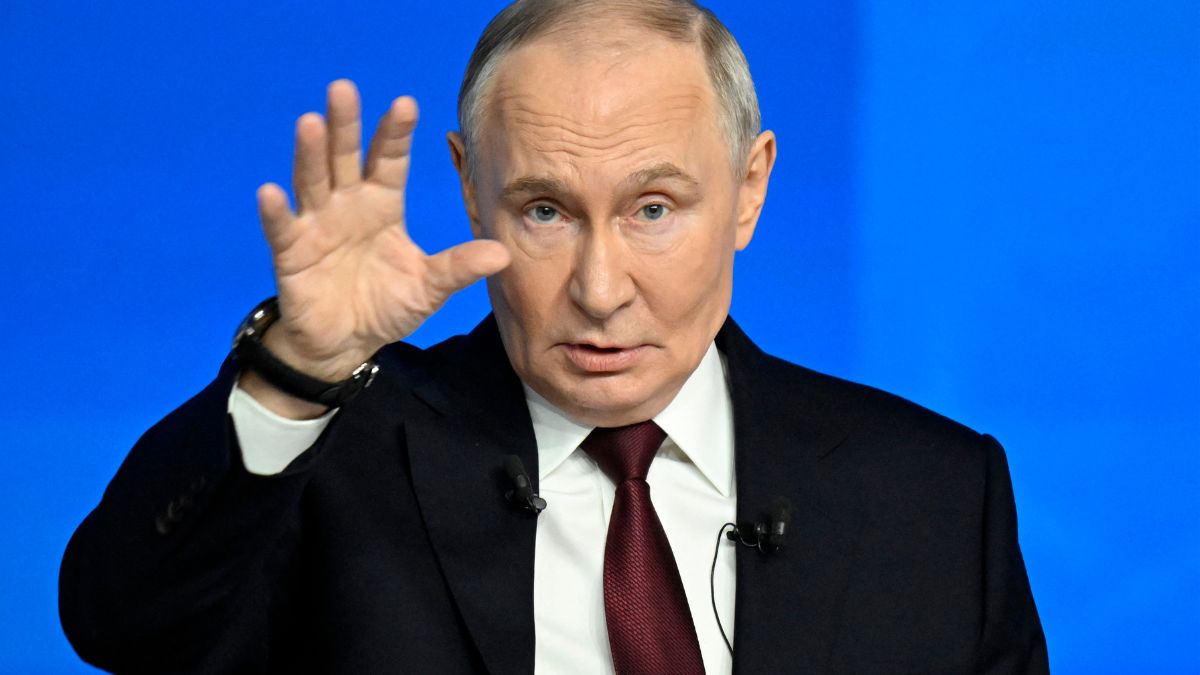)
)
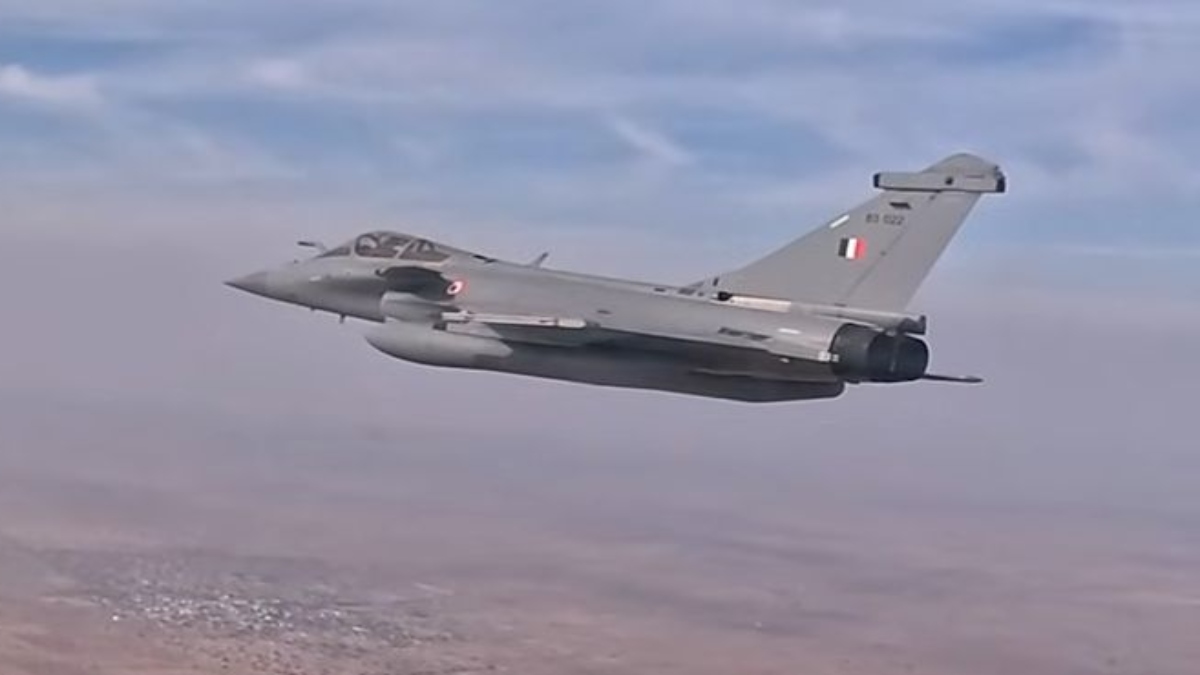)
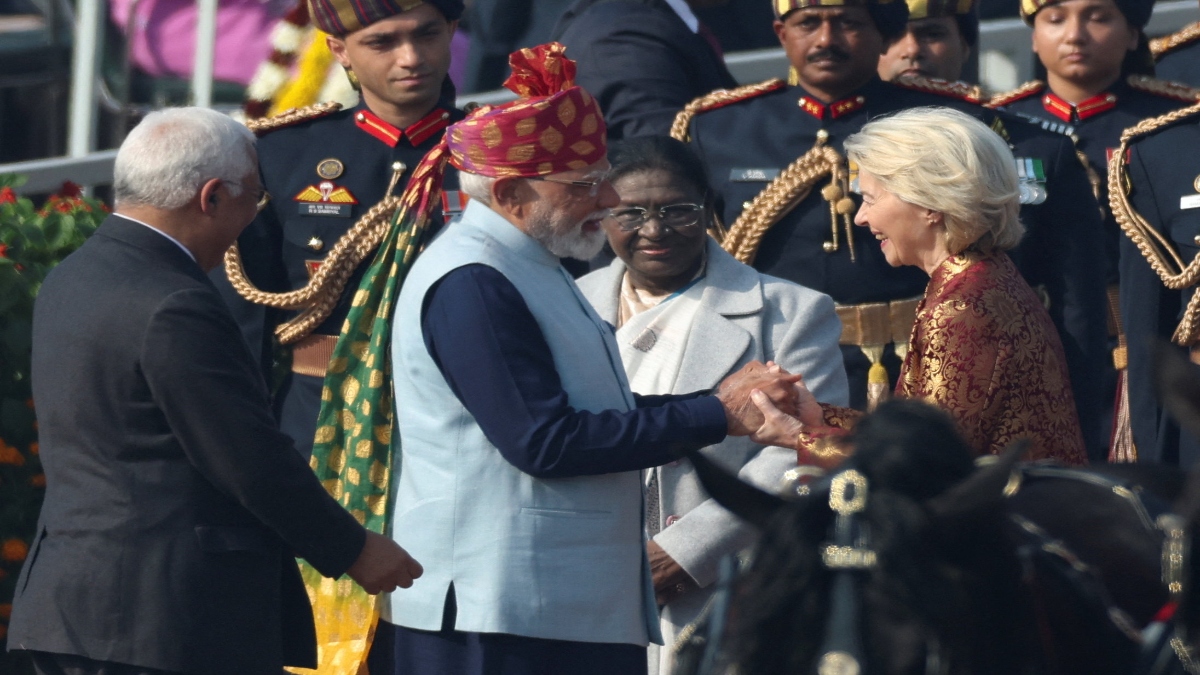)
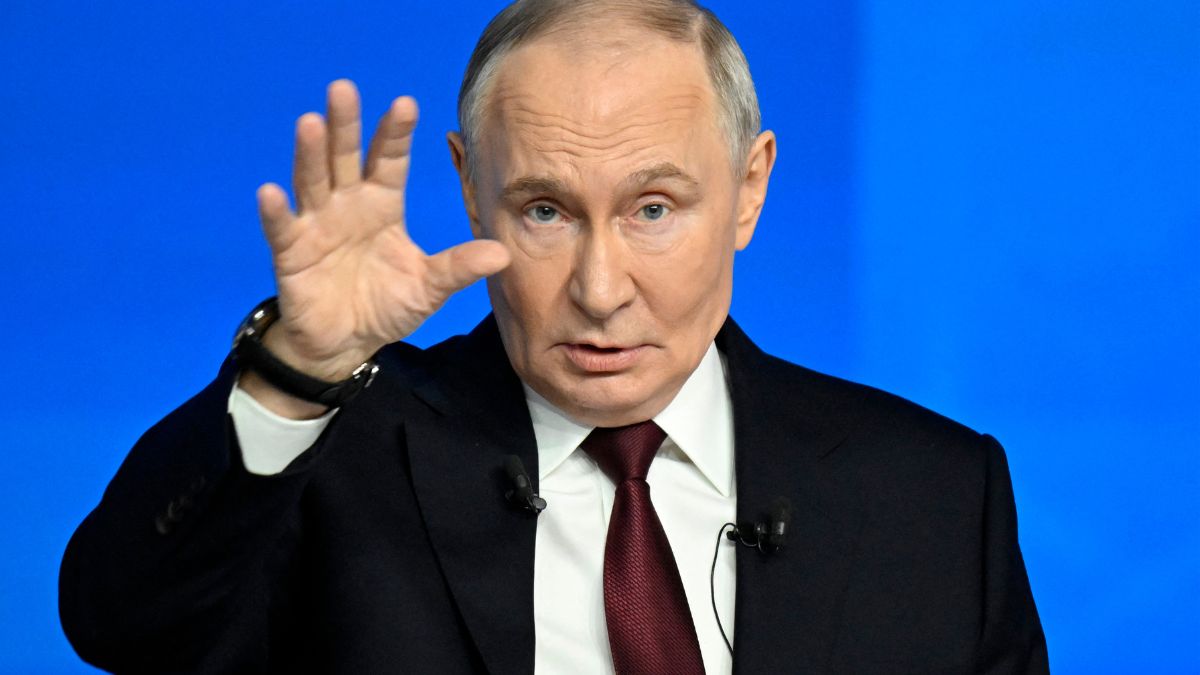)
)



